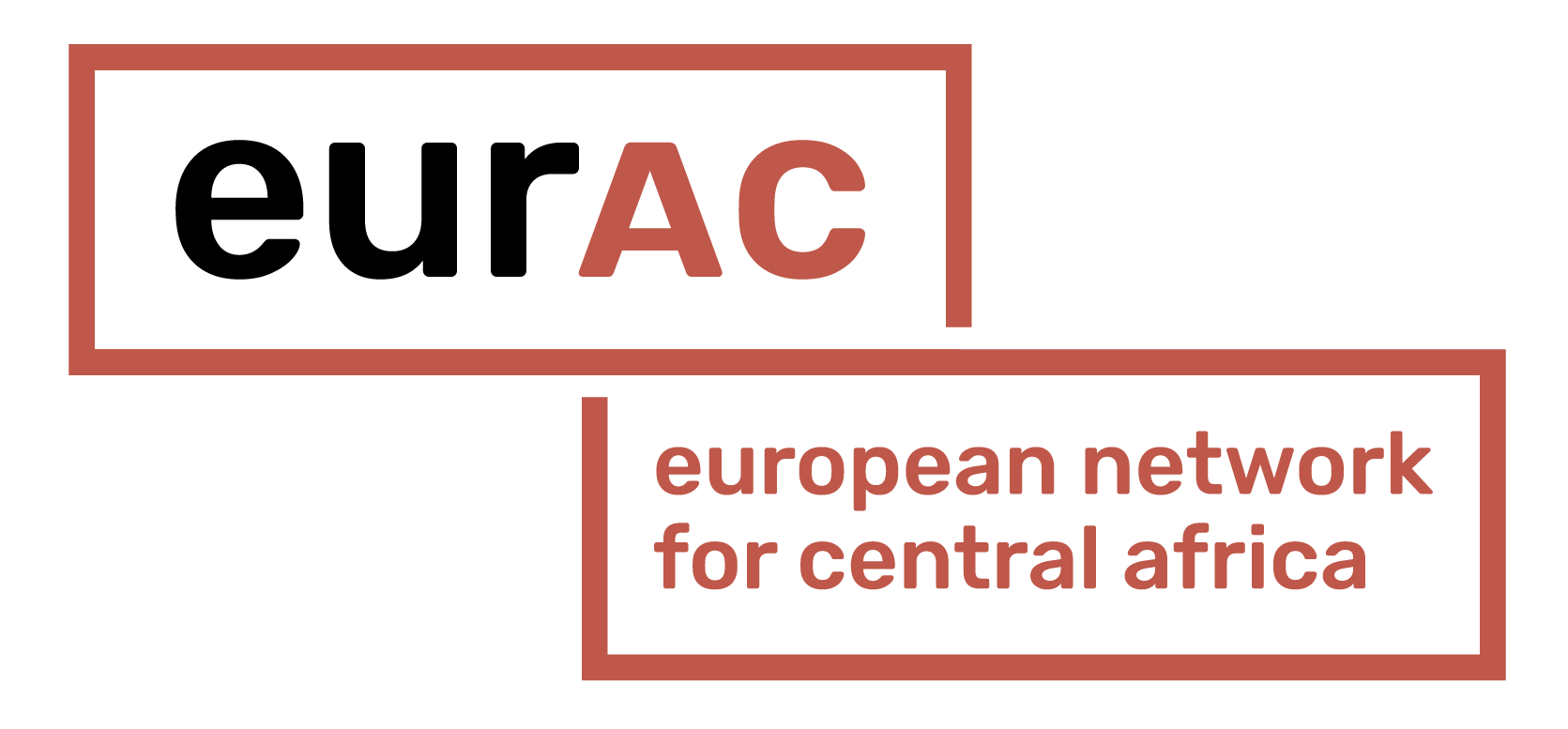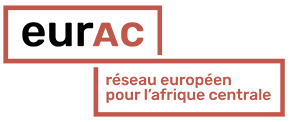Press Release - Victory for civil society in the DRC: Adoption of the law on the protection of indigenous Pygmy peoples and launch of the PEUPLE project
The Democratic Republic of Congo (DRC) is on the verge of a major breakthrough in the protection of human rights. On 7 April 2021, a proposed law on the protection of Pygmy indigenous peoples (IPs) was adopted by the DRC's National Assembly. The passing of such a law is historic in a country where indigenous Pygmy peoples are not considered equal to the rest of the population. The law is the result of hard work over the past twenty years by indigenous Pygmy peoples and the Congolese civil society organisations (CSOs) that support and accompany them in their efforts to have their rights recognised. There have been many obstacles and these still threaten the adoption of the law. It still has to be approved by the Senate in several weeks' time before it is promulgated by the President of the Republic, Félix Tshisekedi. The indigenous Pygmy peoples and the Congolese CSOs that support them are more mobilised than ever in this final stretch and are playing a crucial role in the history of their country.
Today, it is estimated that there are more than one million indigenous Pygmy peoples in the DRC. These populations are victims of numerous forms of discrimination and violence, as evidenced by current events. In January 2021, forty-six Pygmies were massacred in the Ituri province. The DRC is also one of the countries on the African continent best endowed with natural resources. The ancestral lands of these peoples are widely coveted, seized by large multinational extractive companies, armed groups and protected areas are created by the government without the consent of the indigenous populations. This all contributes to threaten the existence and way of life of these indigenous peoples.
Although the DRC has ratified several international and regional texts that deal with the right to land and natural resources of indigenous peoples, the very status of "indigenous people" suffers from a lack of legal and political recognition in the country. The law adopted by the National Assembly aims to fill this void. The adoption of this law is an essential first step in the consideration of their rights. The law provides for free health care, primary and secondary education and assistance before the courts. It also intends to address the central issue of the right to land and natural resources. To finance these reforms, the law provides for the creation of a "national fund" to be financed by the state, NGOs and foreign partners.
We fully support this exemplary initiative and the work of these Congolese organisations, and hope that this law will have a lasting impact on human rights in the DRC.
Many challenges remain. The adoption of a law, which makes it possible to determine a legal framework of reference, while a significant step forward, is not sufficient. The implementation of laws is still often a challenge in the vast Congolese territory. Its effectiveness will depend on the mechanisms and resources deployed for awareness raising, implementation and monitoring. There is still a long way to go and Congolese CSOs have a key role to play in ensuring that an ambitious law is finally adopted and fully implemented in the DRC.
The PEUPLE project, “Promoting the Participation of Indigenous Pygmy Peoples in the Sustainable Management of Land and Natural Resources in the Democratic Republic of Congo (DRC)”, has been co-constructed since 2017 by three Congolese organisations that were strongly involved in the process of drafting and adopting the law (SPFA1, PIDP2, REBAC3) and three European organisations (DOCIP4, EURAC5, Agir ensemble6). The project is the result of a twofold observation: on the one hand, the need to strengthen the capacities of local organisations defending the rights of indigenous peoples and, on the other, the need to raise awareness and mobilise international actors.
This three-year project (2021-2023) is fully in line with the current situation and aims to increase the impact of Pygmy indigenous peoples and local CSOs that are defending the rights of indigenous peoples and are mobilised in the process of adoption, implementation and monitoring of this new law. The project is funded by the French Development Agency, Secours Catholique and CCFD.
A project launch conference is scheduled for Wednesday 12 May 2021 at 10:00 am Paris time (GMT +02) / 08:00 am (GMT), with representatives of the PEUPLE project.
This launch conference will be an opportunity to take stock of the context and challenges faced by indigenous Pygmy peoples and the organisations that support them, as well as the legislative process underway and how our organisations intend to respond through the PEUPLE project.
Required registration here: https://bit.ly/330vayj
Press contact for interview requests: Guillaume GUICHON g.guichon@aedh.org
-----
1 Solidarity for Indigenous Women
2 The Integrated Programme for the Development of the Pygmy People: http://www.bambutidrc.org/
3 The Congo Basin Church Network https://rebaccongobassin.org/
4 The Indigenous Peoples' Centre for Documentation, Research and Information: https://www.docip.org/en/
5 European Network for Central Africa: https://www.eurac-network.org/en
6 Acting together for human rights: https://agir-ensemble-droits-humains.org/fr/home/

